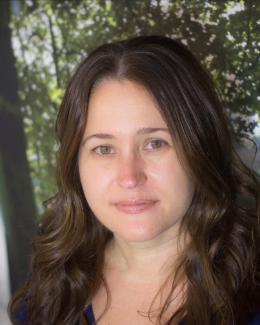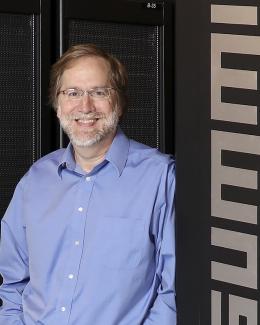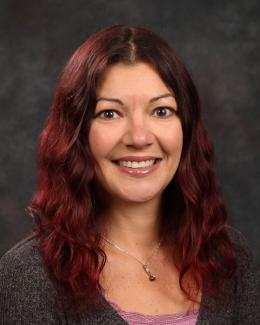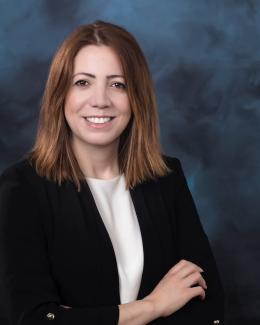Project Details
Human-mediated microbial dispersal, both intentional and unintentional, is occurring at unprecedented levels. The movement or invasion of a microorganism into a new system can have diverse and widespread impacts and is known to be a major threat to ecosystems and the US economy. Therefore, improving our understanding of the complex and interconnected relationships governing how microbes establish, spread, and impact terrestrial and aquatic systems presents an emerging challenge.
Today, there is a growing appreciation of the relationships between microbial communities and plant health. Fully realizing the potential of microbes and how they interact with plant systems and related ecosystems has been recognized as a key research challenge to maintaining an efficient, resilient, and sustainable bioeconomy when faced with the negative impacts of climate change (e.g., shortages of arable land and water, degradation of ecosystems, loss of biodiversity, etc.) (Science Breakthrough by 2030).
Microbial interactions with plants have wide-ranging outcomes that are often difficult to predict. On one side of the spectrum, invasive disease-causing microbes can cost around $23.5 billion USD yearly in crop yield losses and pesticide resistance populations are becoming more prevailing. On the other side, beneficial microbes have become an integral part of plant pest management strategies and serve as active ingredients in a growing market of commercial plant probiotics, where they improve plant health and productivity in natural and stress-induced environments.
These interactions can be redesigned through genome editing — aided by scientific and technical advances in functional genomics (i.e., transcriptomics, proteomics, and metabolomics) and computational sciences — and offers exciting advances in biotechnology. Yet, plant-microbe interactions are vast, complex, highly interconnected system with many interdependent factors that remain difficult to predict.
Currently, the knowledge and tools needed to successfully and safely introduce beneficial microbial alterations (natural or engineered) into systems is insufficient, as is the understanding required to prevent undesired modifications and assess the risks of proposed ecosystem biodesign efforts. Addressing this research challenge is the long-term objective of the Secure Ecosystem Engineering and Design (SEED) Science Focus Area (SFA).
At Oak Ridge National Laboratory, our team cuts across disciplinary boundaries to integrate knowledge, tools, and ways of thinking from experts in life sciences and computational sciences to solve complex problems associated biosystems design and ecosystem engineering. Combining expertise in microbiology and plant biology, ecology, genetic engineering, analytical technologies, and computational sciences, our goal is to build a foundational knowledge base of factors that influence microbial invasions success using a suite of laboratory and field experiments. We will then use this knowledge to design new engineering strategies to detect, promote and limit microbial invasions while also improving biological risk assessment.
Achieving the goals of the SEED SFA will advance methods to improve the security, reliability, and productivity of DOE mission-critical ecosystems. Fundamental science will lead to innovative biodesign strategies and tools to successfully introduce beneficial alterations, prevent undesirable changes, and overcome uncertain ecological risks from introducing nonnative or genetically engineered microorganisms into the environment. Scientific breakthroughs and new technologies are expected to benefit other DOE genomic science programs and other agency stakeholders in the US bioeconomy (e.g., US Department of Agriculture, US Department of Defense, and Advanced Research Projects Agency–Energy). Within the larger framework of national security, these advancements can offer national biodefense solutions to ensure a prosperous and secure domestic bioeconomy. an operational goal of this SFA will be to make our scientific knowledge, technologies, and data readily available to the research community and to the public as possible to enable knowledge and technology transfer.
For more details, visit https://seed-sfa.ornl.gov/.







